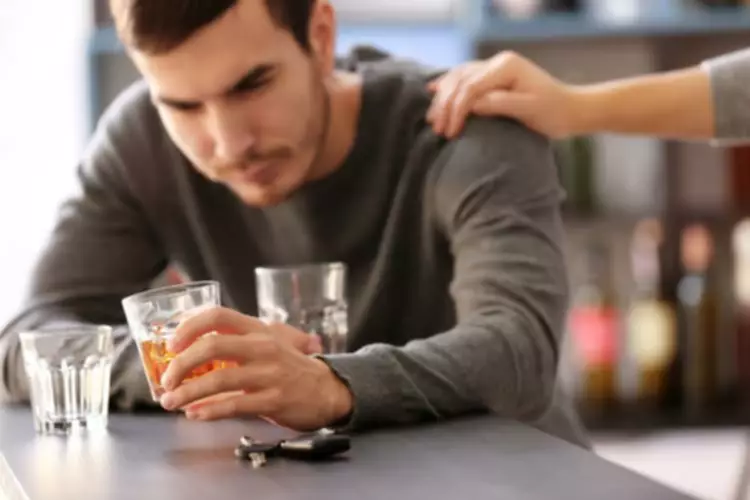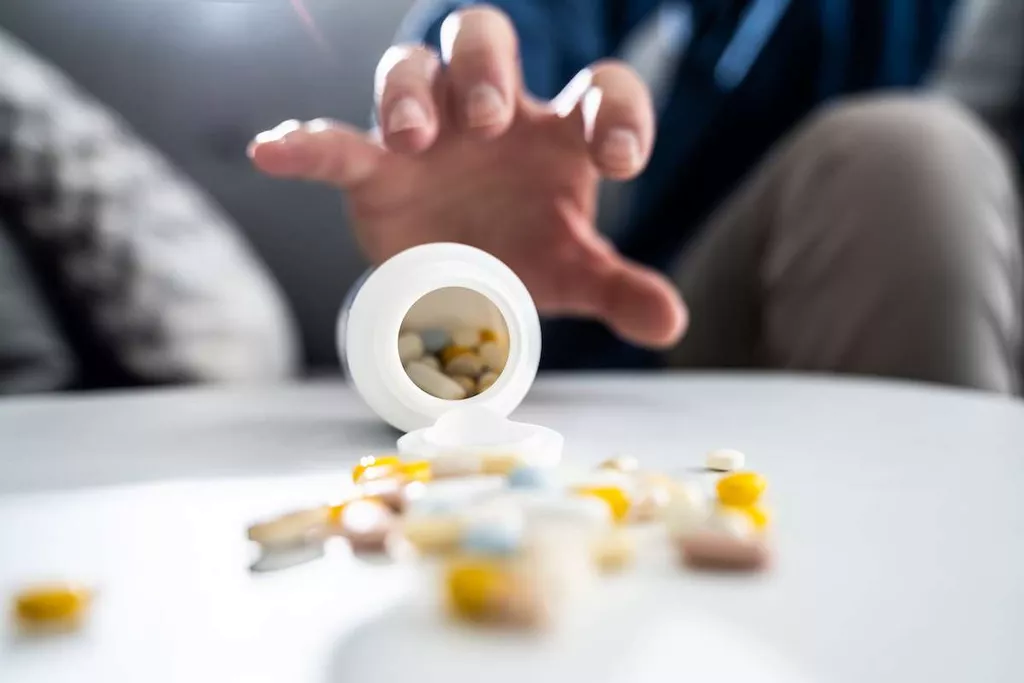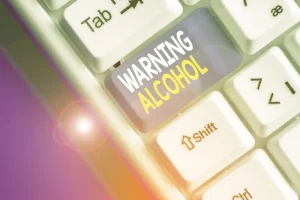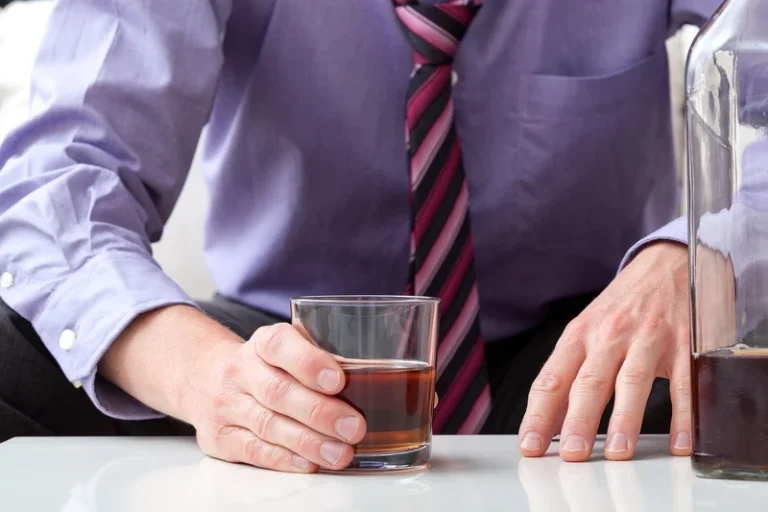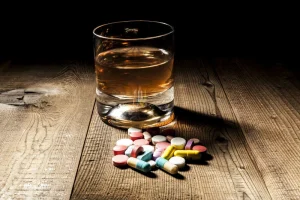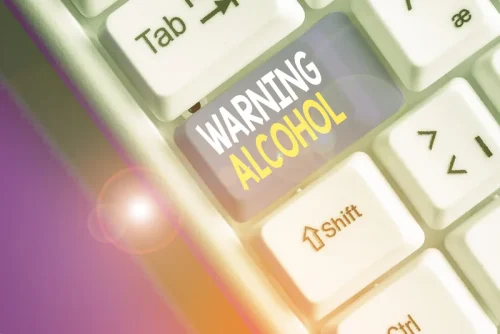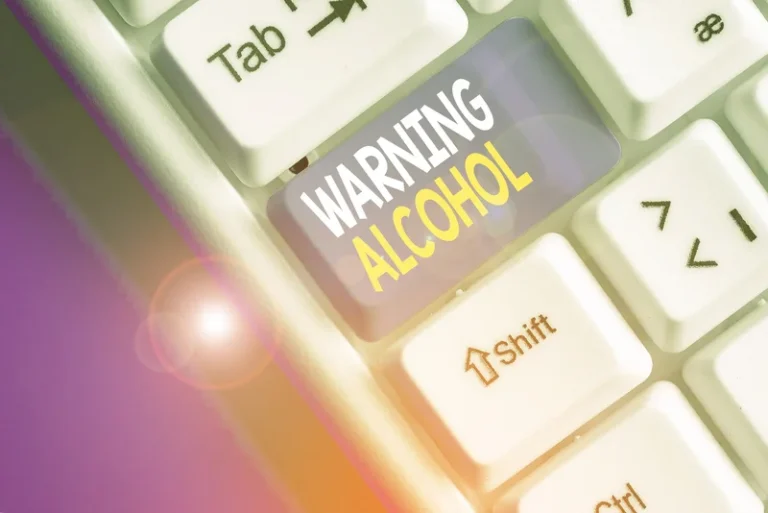Alcohol is a ubiquitous part of our society, showing up in toasts at celebrations, casual social gatherings, or as a wind-down ritual at the end of a day. While it can be part of joyful moments, it’s also a psychoactive substance that warrants consideration and understanding. By clicking “Submit,” you certify that you have provided your legal name and phone number, agree to the terms and conditions and privacy policy, and authorise Paid Advertiser to contact you.
Risks of Excessive Alcohol Intake
- Another reason for the increase in blood pressure and heart rate is how alcohol affects hormones, specifically the stress hormone known as cortisol.
- Consulting a healthcare provider is the best way to ensure accurate information and guidance regarding alcohol consumption and its effects on blood thinning.
- There are various resources available, such as support groups, counseling, and treatment programs, to assist individuals in overcoming alcohol addiction.
- When it comes to the most in-demand prescription medications, patients can expect to easily get it from PharmaServe, a leading online pharmacy.
- Mixing alcohol with any prescription drug is dangerous, and mixing alcohol with blood thinners decreases the effectiveness of this drug.
If you have a history of bleeding disorders or are taking medications that interact with alcohol, it’s especially important to seek professional advice to ensure your safety and well-being. Research suggests that alcohol can affect various factors involved in coagulation, such as platelet count, platelet aggregation, and fibrinolysis. When it comes to the relationship between alcohol and blood thinning, understanding the basics is crucial. Let’s delve into the fundamentals of blood thinning and what constitutes a blood thinner. It’s important to note that while blood thinners can help prevent clot formation, they do not “thin” the blood in the way that alcohol is commonly perceived to. Coumadin is one of the most commonly used blood thinners in the U.S., but it carries a 3% to 6% risk of major bleeding.
What to know about drinking alcohol before surgery
No right-minded doctor would ever prescribe an evening glass of wine over blood-thinning medications if you’re at risk of forming clots. To understand this concept, let’s dive deeper into the process of blood clotting. When your body needs to form a clot, certain blood cells called platelets come together. Alcohol can affect this process by subtly interfering with does alcohol thin blood the platelets’ ability to clump together, making clot formation more challenging.
- You should not mix Pradaxa and alcohol unless your doctor has specifically said this is OK.
- If you have liver disease or a history of liver disease, tell your healthcare provider.
- Heavy drinking with these drugs increases the risk of stomach bleeding.
- It then makes the platelets less sticky so it’s harder for them to stick together and form clots.
- The American Heart Association doesn’t recommend drinking alcohol solely to protect your blood vessels and improve your circulation.
- While alcohol consumption can lead to temporary changes in blood viscosity, it does not act as an anticoagulant like medications such as aspirin or warfarin.
- They will likely tell you that saying no to alcohol altogether is best.
Is this a short-term effect?
To address the question of whether alcohol is a blood thinner, it’s important to first understand what blood thinners are and how they work. Your insurance plan may cover some or all of the cost of treatment for drug or alcohol addiction. Our online health insurance verification system will estimate your in-network and out-of-network deductibles, coinsurance percentages and out-of-pocket maximums. Within 5 minutes, you’ll receive an email with these details – free of charge. Drinking less (or not at all) will always be better for you than even moderate drinking. It can take your body some time to adjust when you stop drinking, but a solid one-month detox should lead to better sleep, improved skin, and fewer stomach issues, for starters.
- Many people wonder whether alcohol has blood-thinning properties and how it may interact with blood thinners.
- The different risks that are present will vary based on each individual, and someone who has not spoken with their doctor can have risks they don’t know about.
- Alcohol can also affect the action of platelets, which are the components of the blood that form clots.
- A 2017 review explains that alcohol consumption has complex and varying effects on platelets, which are small blood cells that initiate the coagulation cascade, causing blood to clot.
Whether it’s a glass of wine at dinner, a beer at a barbecue, or a cocktail at a celebration, alcohol finds its way into many aspects of our lives. Like a chameleon, it can shift from being a part of a celebratory toast to becoming a source of health concerns when not consumed in moderation. Addiction Resource team has compiled an extensive list of the top drug rehabilitation facilities around the country.
Understanding these impacts can help you make informed decisions about your health and well-being. Awareness is the first step towards making healthier choices; every step you take counts in your comeback story. Calls to our general hotline may be answered by private treatment providers. We may be paid a fee for marketing or advertising by organizations that can assist with treating people with substance use disorders.


